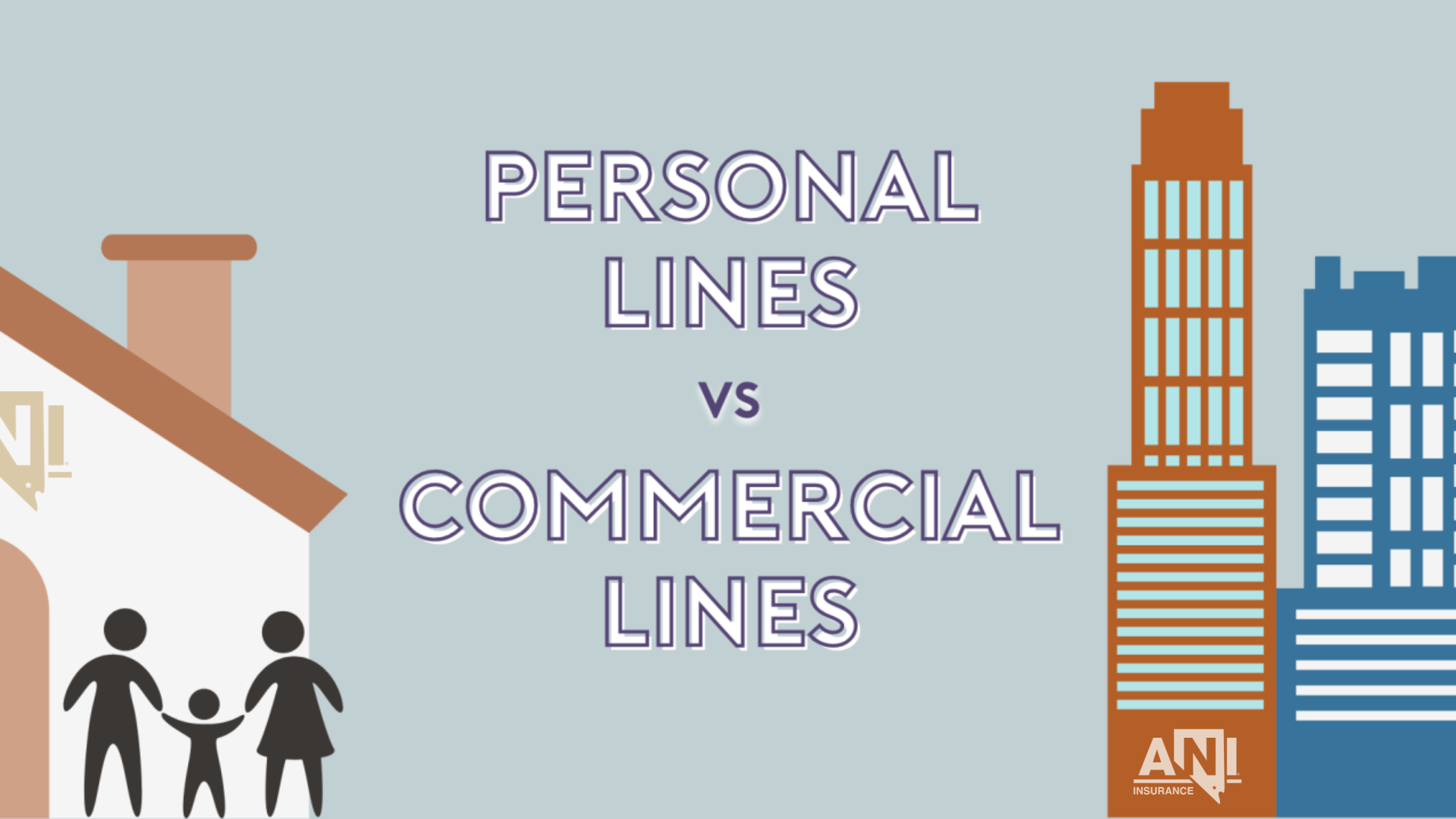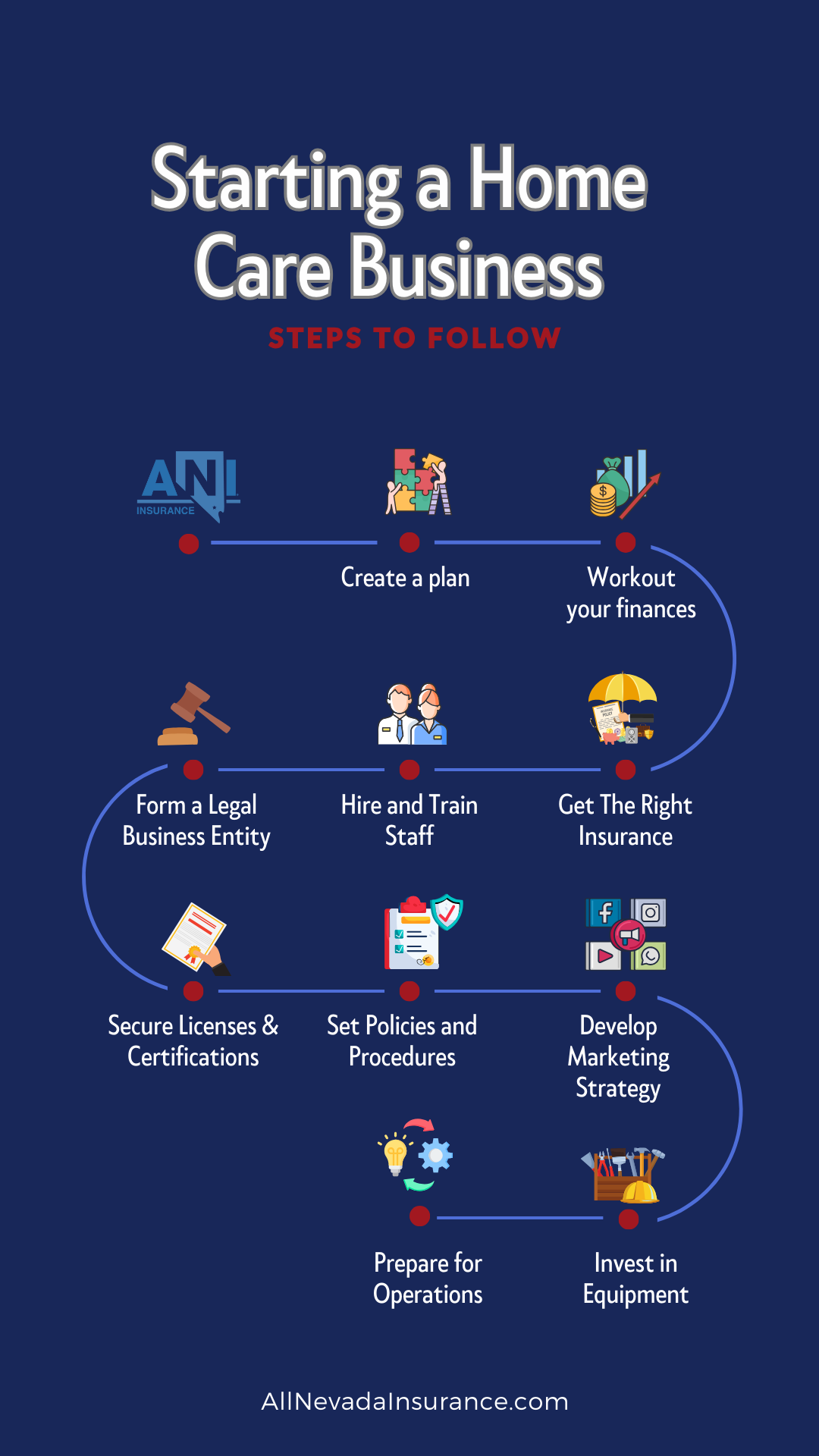All Nevada Insurance is a property and casualty insurance broker specializing in both commercial lines…

RECOGNITION IN THE WORKPLACE
RECOGNITION IN THE WORKPLACE
Recognition and appreciation are often used interchangeably, but they have distinct meanings and serve different purposes. Let’s delve into why both are crucial:
- Recognition:
- Definition: Recognition involves giving positive feedback based on results or performance. It acknowledges specific achievements, milestones, or successful outcomes.
- Purpose: Recognizing employees’ accomplishments reinforces their efforts, boosts morale, and encourages continued excellence. It’s essential for celebrating wins and motivating teams.
- Example: When an employee meets a sales target, acknowledging their achievement with a “Great job!” or a public shout-out demonstrates recognition.
- Appreciation:
- Definition: Appreciation goes beyond results; it’s about recognizing a person’s inherent value. It acknowledges their contributions, character, and effort, regardless of outcomes.
- Purpose: Appreciation fosters a sense of belonging, validates individuals, and builds strong relationships. It’s essential for creating a positive work environment.
- Example: Telling an employee, “Your dedication and teamwork make a difference,” shows appreciation for their consistent effort, even if specific results aren’t always visible.
Why is recognition important?
- Human Need: Recognition meets a core human need. Feeling appreciated and valued enhances job satisfaction and engagement.
- Retention: Recognized employees are more likely to stay with the company.
- Quality of Work: Recognition positively impacts the quality of work produced.
- Company Culture: It contributes to a strong, supportive company culture.
Recognition is about giving positive feedback based on results or performance. Sometimes this happens in a formal way: an award, a bonus, a promotion, a raise. Sometimes recognition is given more informally: a verbal thank you, a handwritten note. All of these methods can be meaningful, especially if they’re done in a timely and genuine way. They’re also motivating and exciting — everyone wants their good work to be applauded.
But there are some limits to recognition. First, it’s performance-based, so it’s conditional. Second, it’s based on the past, so it’s about what people have already done. Third, it’s scarce. There’s a limited amount of recognition to go around — everyone can’t get a bonus or be mentioned by name in a memo — and it can be stressful when many people are vying for a finite amount of praise. Fourth, it generally has to come from the top. Many organizations have set up programs that allow peers to highlight each other’s efforts, but the major forms of recognition (promotions, raises, and so on) usually are given by senior leaders.
And while recognition that includes monetary compensation can be great, researchers from the London School of Economics found that financial incentives can actually backfire when it comes to motivating employees. According to an analysis of 51 experiments, “these incentives may reduce an employee’s natural inclination to complete a task and derive pleasure from doing so.”
Appreciation, on the other hand, is about acknowledging a person’s inherent value. The point isn’t their accomplishments. It’s their worth as a colleague and a human being.
In simple terms, recognition is about what people do; appreciation is about who they are.
This distinction matters because recognition and appreciation are given for different reasons. Even when people succeed, inevitably there will be failures andchallenges along the way; depending on the project, there may not even be tangible results to point to. If you focus solely on praising positive outcomes, on recognition, you miss out on lots of opportunities to connect with and support your team members — to appreciate them.
At All Nevada Insurance (ANI) we believe in the importance of recognition. We
just finished our annual franchisee awards dinner and would like to take this time
to congratulate our agencies with amazing accomplishments in 2023:
Top three winners in all categories:
Social Media Guru Winner: Anthony Acevedo | Tropicana location
2nd place: Alma Hernandez | Westcliff location
3rd place: Tied – Cassidy Arbeli | Russell location & Carolynn Gallardo | Gowan location
Compliance Winner: Carolynn Gallardo | Gowan location
2nd place: Alma Hernandez | Westcliff location
3rd place: Jeremy Peltz | Eastern location
Top Growth Winner: Jeremy Peltz | Eastern location
2nd place: Jeanne Cruz | Tropical location
3rd place: Destinee Winburn | Rainbow location
Most Profitable Winner: Alma Hernandez | Westcliff location
2nd place: Cassidy Arbeli | Russell location
3rd place: Jeanne Cruz | Tropical location
Top Producer Winner: Jeremy Peltz | Eastern location
2nd place: Jeanne Cruz | Tropical location
3rd place: Alma Hernandez | Westcliff location
Rookie of the Year 2023: Alma Hernandez | Westcliff location
Agency of the Year 2023: Jeremy Peltz | Eastern location
Dreamcasters 2023 won an international trip for two:
Alma Hernandez | Carolynn Gallardo | Cassidy Arbeli | Jeanne Cruz | Jeremy Peltz | Teddy Alanano & Chandra Rice
We want to congratulate these agencies for all of their hard work and dedication to the brand. If you would like to find one of our agencies near you that you can work with, please visit our website at www.allnevadainsurance.com. If you are looking to be an insurance broker and work with a growing team of motivated professionals, please visit our website at www.anifranchise.com. We would love to have a conversation with you!


